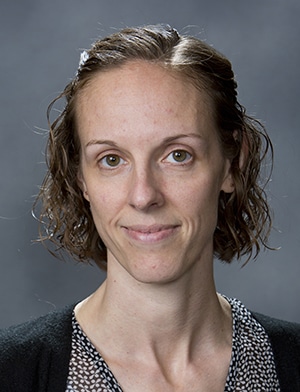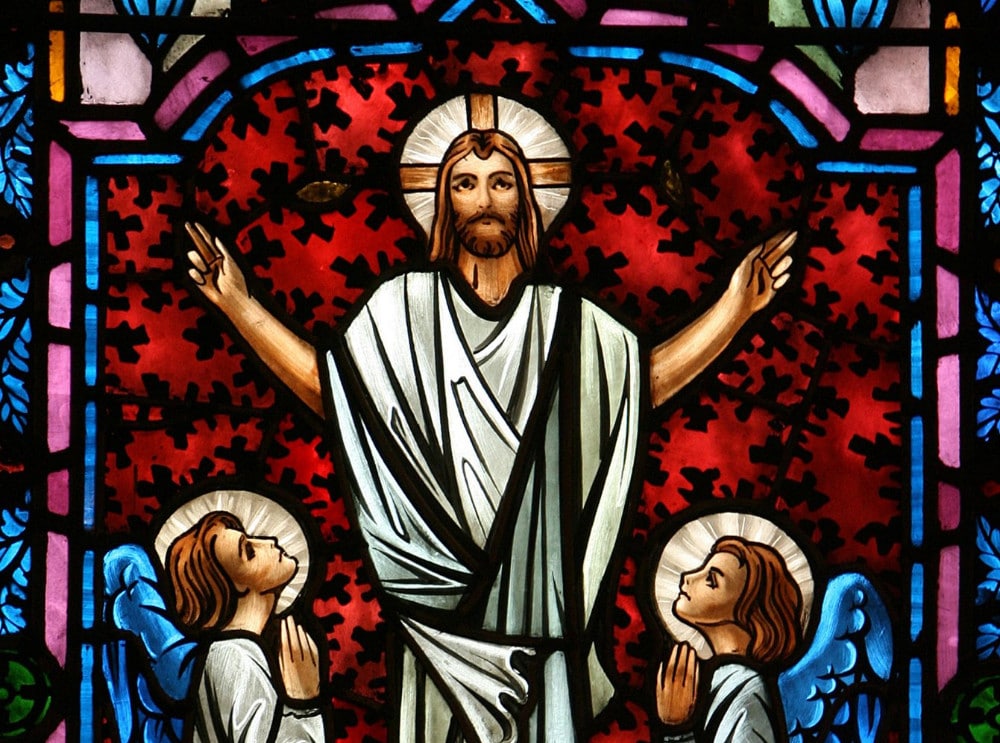
Where did Christ go? And why? (My kids also wonder, “How?” But this is a question I cannot answer fully, though it has to do more with his glorified body than a supernatural blast upon a stone floor.)
| May 29 – The Ascension of the Lord |
|---|
|
Acts 1:1-11 |
So, where did Christ go? The psalm in the Sunday readings suggests he ascended to his throne, while the other readings tell us that he ascended to sit at “the right hand of the Father.” This imagery is also found in the wording of the Apostle’s Creed. Now, friends, this language makes it seem like Christ is reposing in heaven, enjoying some respite from the work of salvation for which he was sent by the Father in the first place. But, let’s look a little closer.
Let’s look at the language in Paul’s epistle, where it shows that being at God’s “right hand” is to be: “far above every principality, authority, power, and dominion, and every name that is named, not only in this age but also in the one to come. And he put all things beneath his feet and gave him as head over all things to the church, which is his body, the fullness of the one who fills all things in every way” (Eph 1:21-23).
Aha! So Christ being enthroned and “sitting at the right hand” of the Father is language that describes Christ’s reign over the Kingdom of God. Christ is not lounging in heaven, having accomplished our salvation, but he is continuously carrying out our salvation, with power and glory. Christ continuously gives himself to the Church, which is his body, his spouse.
And here we run into the “why.” Why did Christ ascend to heaven? Why didn’t he, the glorified risen Lord, who was victorious over death, stay here with us, his spouse, forever? Because he wanted us to be bound even more intimately to God, and with one another, as the Church. Christ told us about this intimate dwelling-with twice in this Sunday’s readings: “I am sending the promise of the Father upon you” and “you will be baptized with the Holy Spirit.”
The Holy Spirit comes to dwell in our hearts, to dwell interiorly. When Christ ascends such that the Holy Spirit comes to dwell within us, the Church (which we are!) is bound to her spouse by the very love that is God. And, friends, because Christ ascended in his glorified body, our very humanity has been taken up into the life of God! Truly, this is an exchange of love carried out for us by God’s desire to dwell intimately with us.
And so, friends, as we celebrate this ascension of the Lord “to the right hand” of the Father, perhaps looking intently at the sky, let us also begin to look for the promise of the Father: the Holy Spirit. And so I close with a few beautiful words from a homily by Pope Francis for Pentecost in 2017:
“The Holy Spirit is the fire of love burning in the Church and in our hearts, even though we often cover him with the ash of our sins. Let us ask him: ‘Spirit of God, Lord, who dwell in my heart and in the heart of the Church … come! Like water, we need you to live. Come down upon us anew … teach us to love as you love us, to forgive as you forgive us. Amen.'”
Catherine Cavadini, Ph.D., is the assistant chair of the Department of Theology and director of the master’s in theology program at the University of Notre Dame.





